In a surprising about-face, the House held an evening vote today on HR 1808, the current iteration of the federal Assault Weapons Ban that was originally introduced last year and recently resurrected. The legislation, which would ban large swaths of commonly owned firearms, passed with a 217 to 213 vote and will now head to the Senate, where it’s expected to face stiff opposition.
The bill passed nearly along party lines, with five Democrats voting against the measure and two Republicans voting in favor. The House Judiciary Committee advanced the bill on July 20, 2022, following a nearly farcical hearing before the House Judiciary Committee, during which various politicians attempted to out anti-gun each other.
“They hate the Second Amendment. In fact, during the markup, the sponsor of the legislation said this: ‘Spare me the BS about constitutional rights.’ ”
— Rep. Jim Jordan
In a July 27 hearing before the House Oversight Committee, lawmakers questioned the CEOs of Ruger and Daniel Defense about their AR-15 platform firearms sales.
Yesterday, July 28, it looked like the assault weapons ban might have run out of steam after Speaker of the House Rep. Nancy Pelosi announced that the vote on HR 1808 was being postponed until the House reconvenes in August. It was speculated in the media that there wasn’t enough support for a positive vote.
On July 29, the Firearms Policy Coalition sent out an email blast around noon saying a vote on the bill would occur that day. At about 6:12 p.m., a vote on HR 1808 commenced on the House floor after another hour-long period of debate.
The AWB was previously paired with legislation to increase funding for local policing. According to CNN, this bill is what held up the AWB vote. The two bills have now been separated after “failed negotiations within different factions of House Democrats prevented leadership from being able to pass the bills together.”
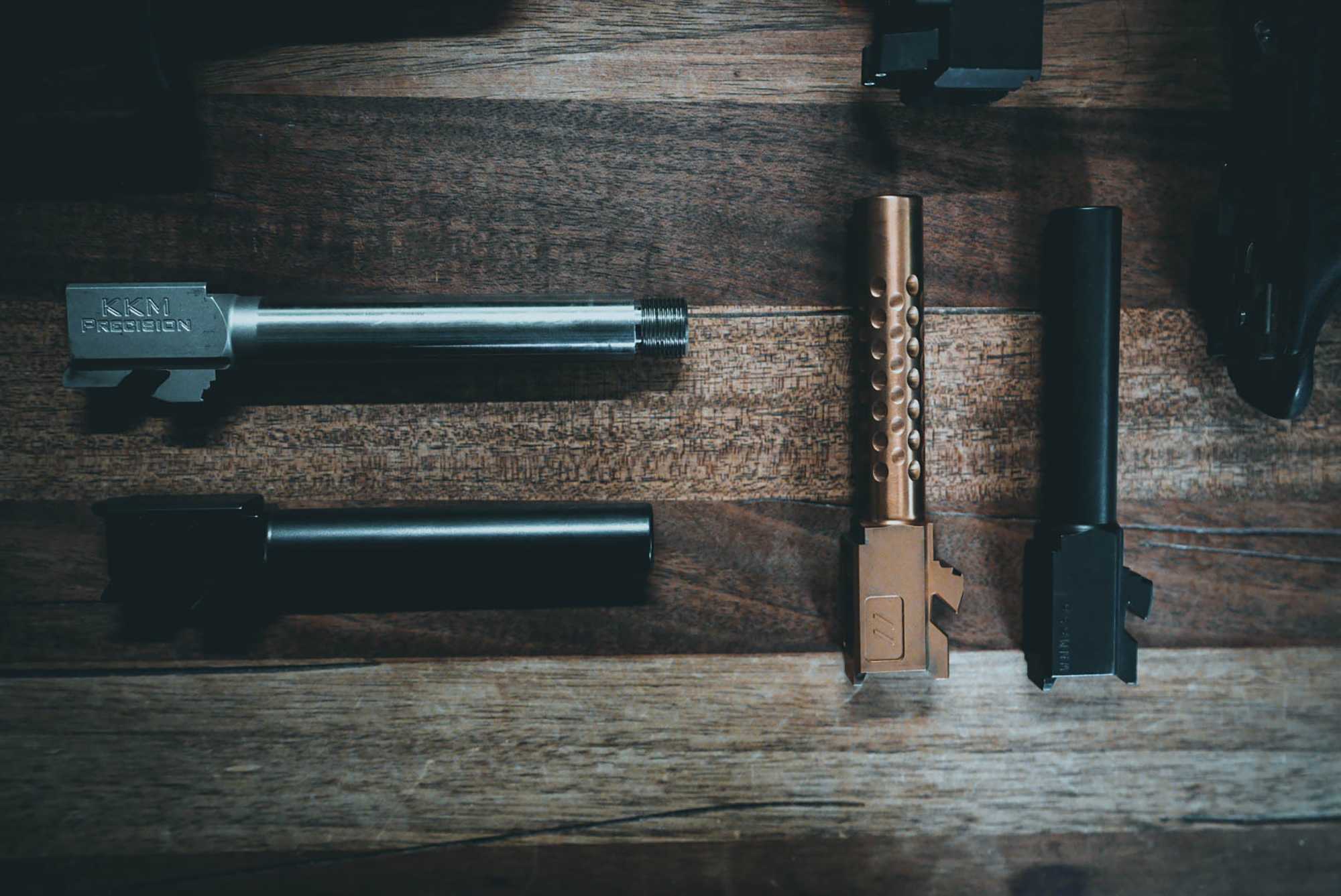
The proposed ban would render the vast majority of AR-15 and AK-47 platform firearms illegal, but this version of the AWB differs from past versions and the AWB of 1994 that was in place for a decade — it includes several shotguns and even handguns, namely semi-auto pistols with threaded barrels. This broadening of the legal definition of “assault weapon” has gravely concerned Second Amendment advocates, but that’s not all.
The ban would also include standard-capacity magazines (any mag that holds more than 10 rounds), semi-auto rifles with fixed mags that hold more than 10 rounds, bump-fire stocks, handgun conversion units like the Micro RONI, and semi-auto shotguns with various features.
The bill specifies that its restrictions “do not apply to antique firearms, manually operated firearms, and more than 2,000 specified models of hunting and sporting firearms.”
It would also “allow for the sale, transfer, or possession of ‘assault weapons’ and ‘large capacity ammunition feeding devices’ lawfully possessed on the date of enactment.” In other words, existing items banned by the bill would be grandfathered in, much like the 1994 AWB.
The NSSF has called HR 1808 “unconstitutional” and said the recent Supreme Court decision in the New York State Rifle & Pistol Association v. Bruen case means a gun law must pass a new test of Constitutionality. Courts must now “assess whether modern firearms regulations are consistent with the Second Amendment’s text and historical understanding.”
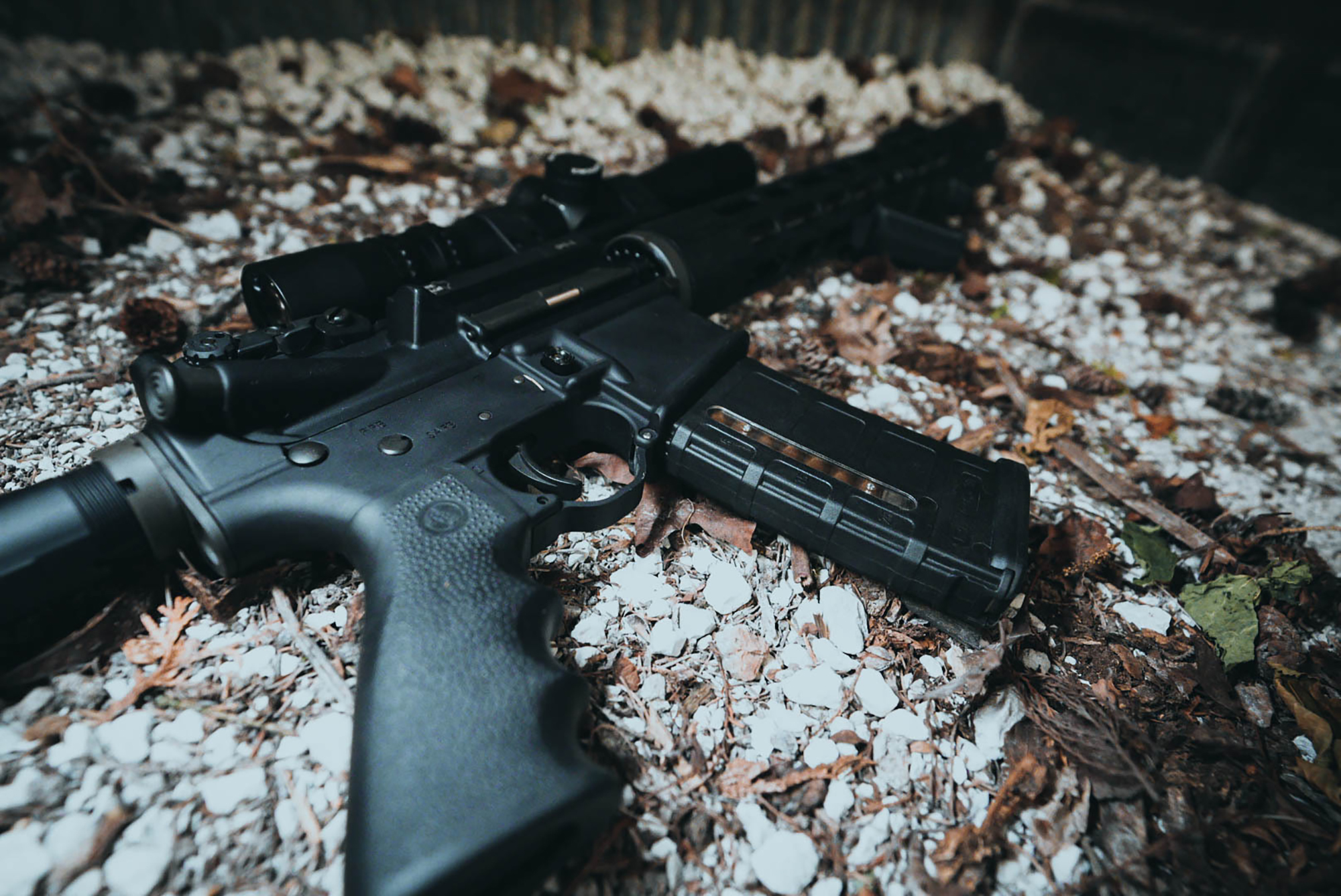
“Red flag laws take some guns from some people; this bill makes illegal some guns for all people, and we know where they want to go. We know what they want to do,” said Rep. Jim Jordan (R-Ohio) during the debate preceding the vote. “They want to take all guns from all people, because they can’t stand the Second Amendment. They hate the Second Amendment. In fact, during the markup, the sponsor of the legislation said this: ‘Spare me the BS about constitutional rights.’
“While Republicans care about law-abiding citizens’ constitutional liberties, their First Amendment rights, their Second Amendment rights, their Fourth Amendment due process rights, and all of those have been attacked by the Democrats over the last several months,” Jordan added.
Even though the bill passed in the House, nobody expects it to do the same in the Senate, where most bills must garner 60 votes to overcome a filibuster.
Friday’s vote was held after back-and-forth among progressives, moderates, and members of the Congressional Black Caucus, CNN reports, who are divided on how to handle police funding in the broader public safety legislation package, which was not up for a House vote on July 29.
The news outlet also reports that the deal to combine the police funding legislation with the AWB fell apart on July 28, and “Democratic leadership decided to separate the bills.”
Rep. Thomas Massie criticized the bill and its proponents, who say its goal is not to ban common firearms but to ban “weapons of war” before the vote, saying:
“It bans the most commonly sold rifle in the United States today, and for the last several years. It doesn’t ban weapons of war. It explicitly exempts the M1 Garand. General Patton said the M1 Garand is the finest implement of battle ever devised, but it is exempted. It’s a weapon of war. As is the M1 Carbine. Look at the picture of […] the Marines at Iwo Jima. What were they carrying? M1 carbines. It exempts the quintessential Cold War weapon. The pride of the Chinese and the Communists, the SKS, is exempted in this bill. These are literal weapons of war that are not in this bill. Now, they’ll come back and ban those, but they don’t want to ban them right now because they don’t look scary enough. They have a wooden forestock and a wooden butt. They don’t look like the scary stuff on the news, so they have no interest in banning that. Actual weapons of war are not banned, but the most common firearm sold today is banned.”
READ NEXT – Biden Signed a Huge Package of New Gun Laws, Here’s What’s in Them

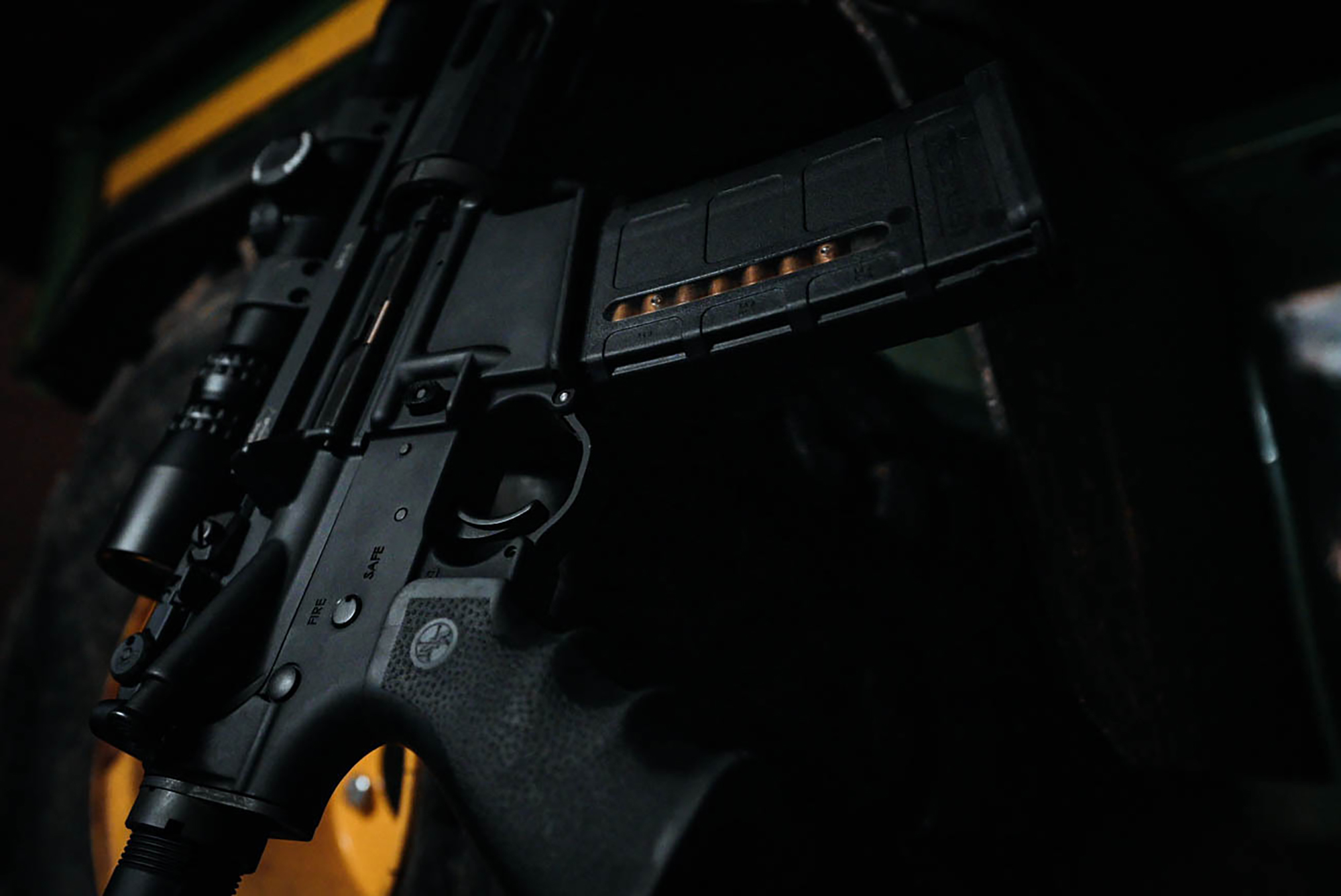


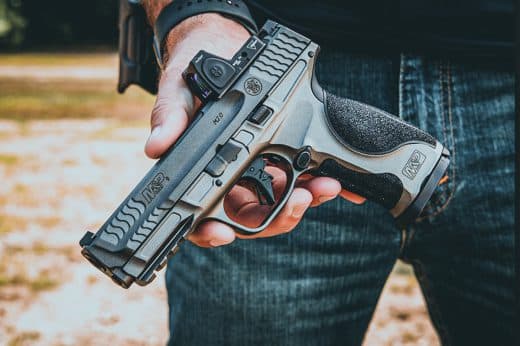
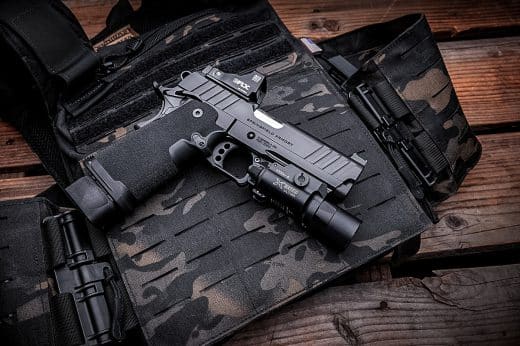


Comments